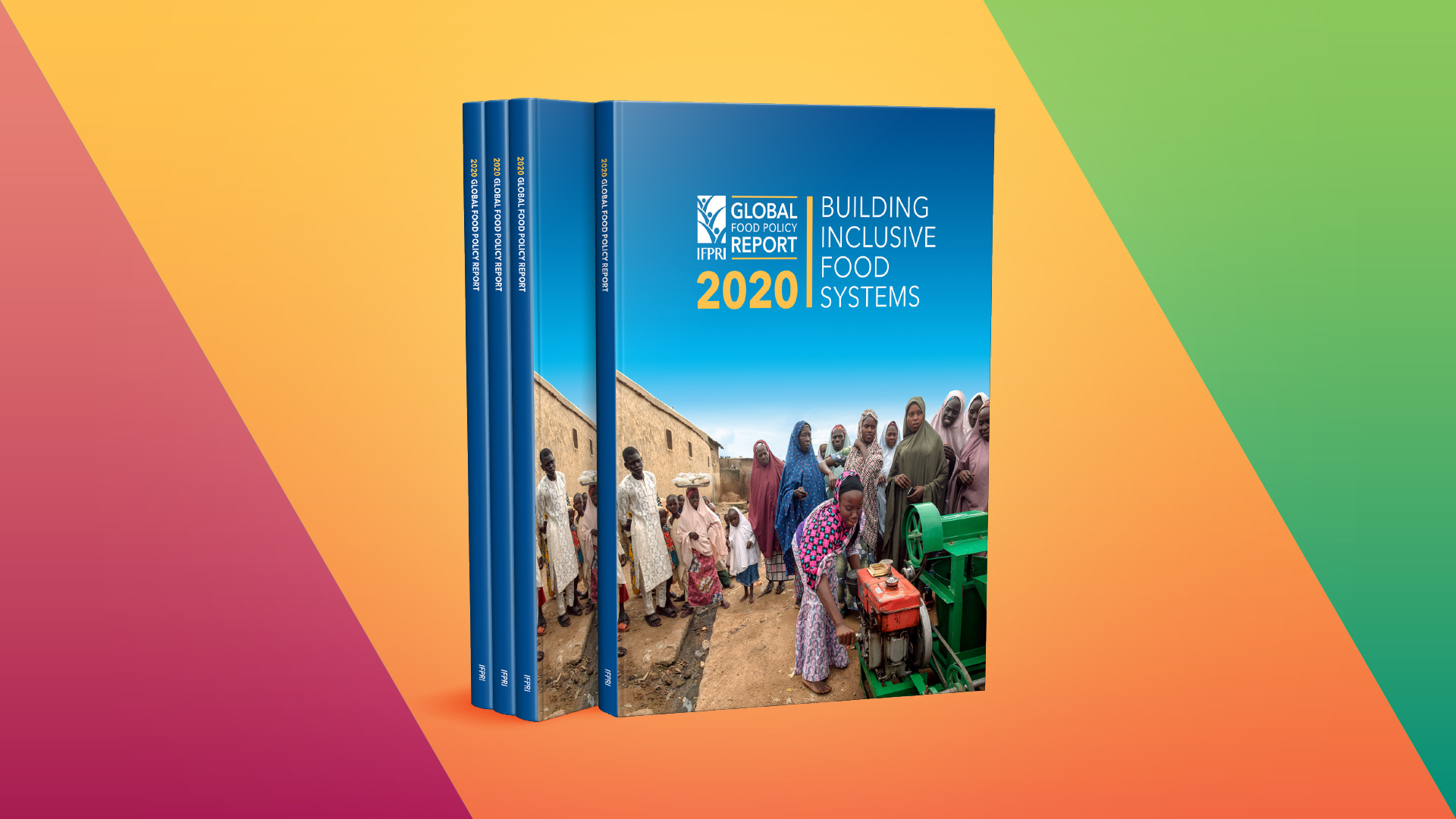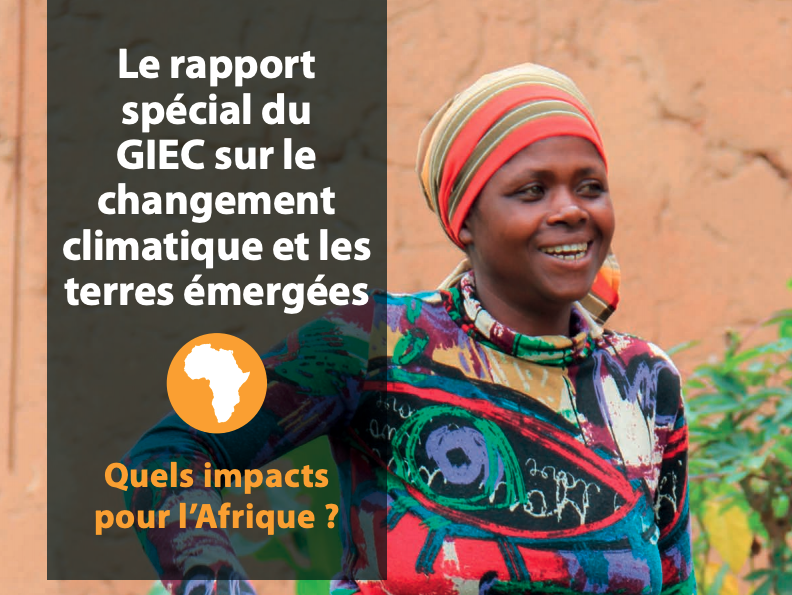Rapport 2020 sur les politiques alimentaires mondiales : Mettre en place des systèmes alimentaires inclusifs
Nos systèmes alimentaires vivent un moment critique : l’ampleur et le rythme des changements qu’ils subissent au niveau mondial, régional, national et local sont sans précédent. Ils évoluent rapidement pour s’adapter à une demande croissante et changeante, mais ils ne répondent pas aux besoins de chacun. Au moment de mettre sous presse ce rapport, une nouvelle menace émergeait dans le monde : l’épidémie de coronavirus.





